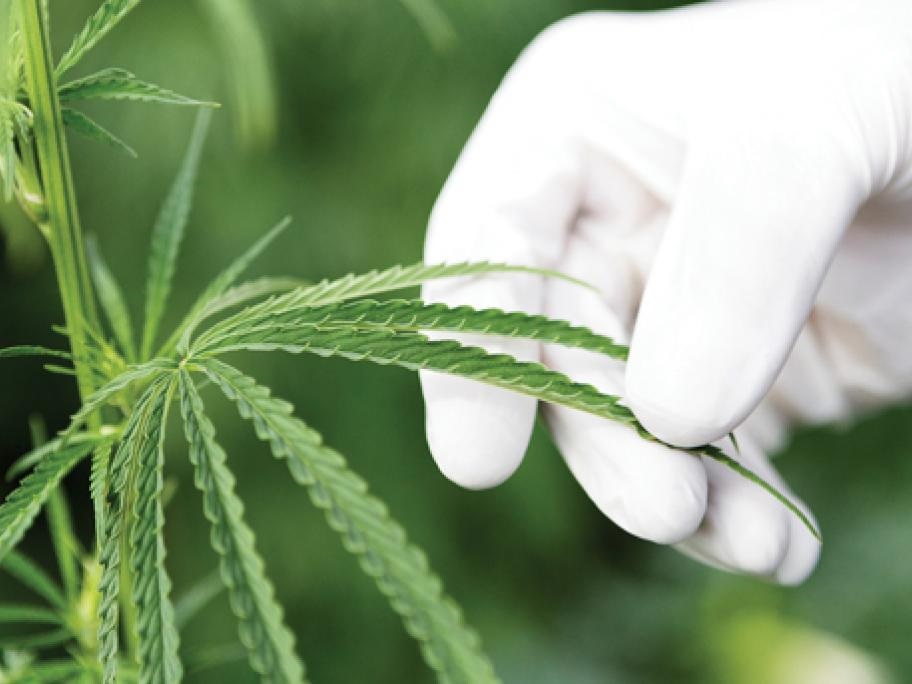Low-dose cannabidiol (CBD) does not affect a person’s driving performance, a first-of-its-kind Australian-led study has found.
But cannabis products containing delta-4-tetrahydrocannabidiol (THC) can impair driving ability – including reaction time and psychomotor function — for up to four hours following consumption, researchers say
Study lead author Dr Thomas Arkell, from the University of Sydney’s Lambert Initiative for Cannabinoid Therapeutics, said the findings were good news for patients using or considering CBD-based products and treatments.
“With cannabis laws changing globally, jurisdictions are grappling with the issue of cannabis-impaired driving,” he said.
“These results provide much needed insights into the magnitude and duration of impairment caused by different types of cannabis and can help to guide road-safety policy not just in Australia but around the world.”
The investigators found that driving performance was not impaired by CBD-dominant cannabis compared with placebo.
Conversely, products containing THC significantly affected driving ability 40 minutes after consumption, although this did not last any longer than four hours.
Although the THC-induced driving impairment was “modest in magnitude”, the authors say, it was similar to that seen in drivers with a blood alcohol content of 0.05%.
“The results should reassure people using CBD-only products that they are most likely safe to drive, while helping patients using THC-dominant products to understand the duration of impairment,” he said.
However, they added that the results challenge the prevailing idea that CBD attenuates the psychoactive properties of THC.
“Clinicians should caution their patients that cannabis products containing equal parts CBD and THC are no less impairing than products containing THC alone,” they wrote.
In Australia it is not legal to drive with any detectable THC concentration and THC remains in the system for days after ingestion.

